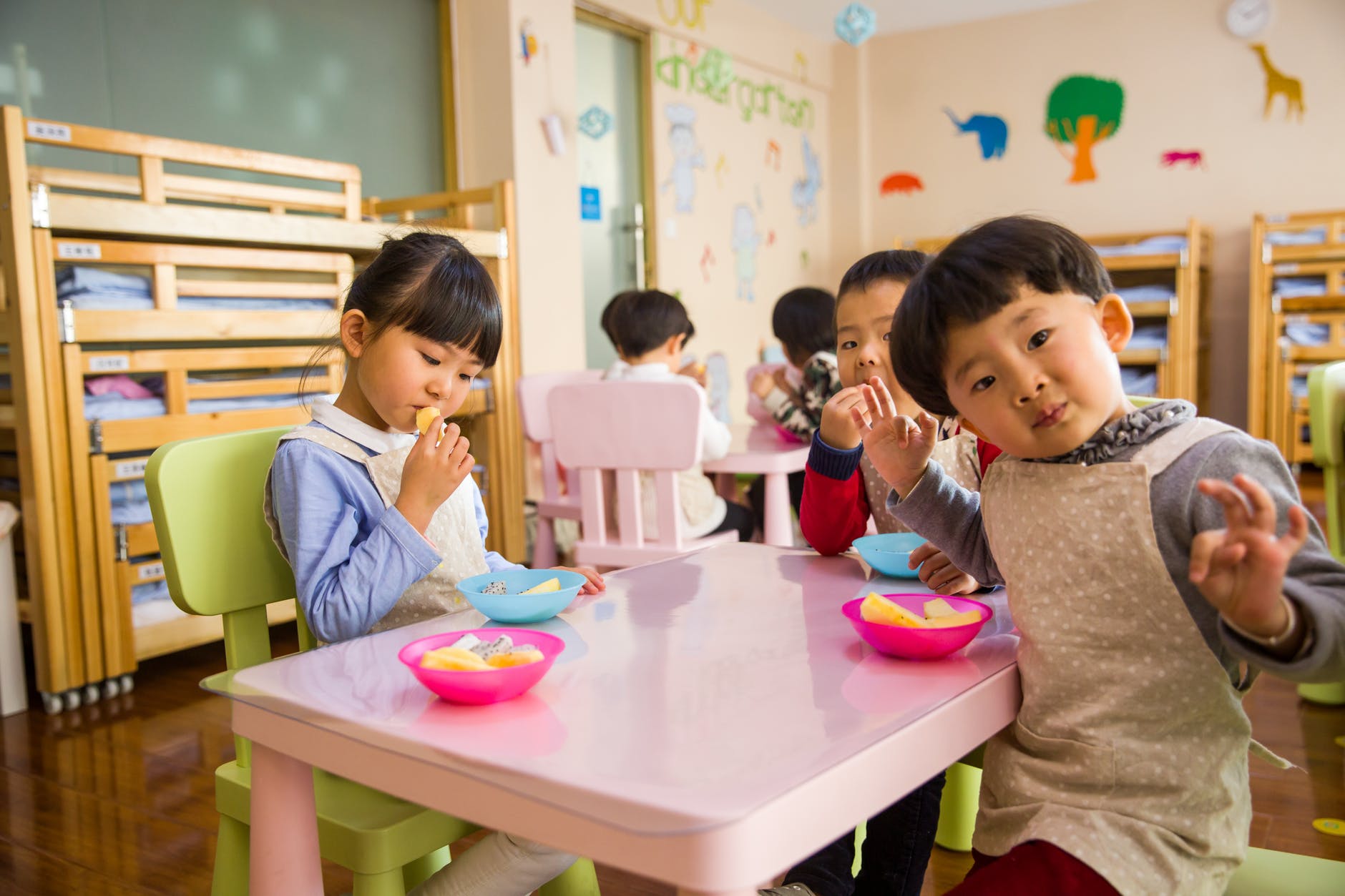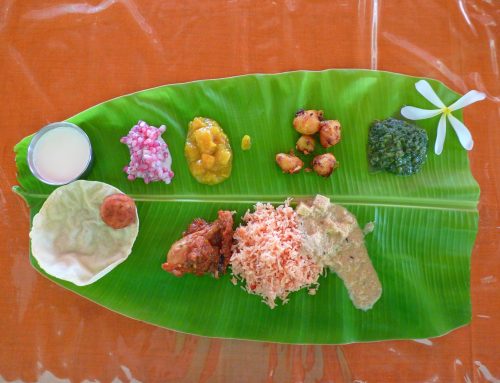When it’s time to choose a preschool, you’ve got a crucial decision to make. You want to pick a school that helps shape a positive attitude towards education. You want a place where your kid discovers a love for learning. A preschool where your child’s curiosity is nourished, not dampened. You hope for a classroom that allows his intelligence to develop, rather than be spoon-fed answers. It’s not a lot to ask for, honestly.
The early learning years are instrumental, and they will help mould your child into the student he will become in the later academic years [click here to read more]. When on the hunt for suitable preschools, the Montessori name does come up quite often, whether in conversation with other parents, or a quick online search. But does this type of pre-schooling deliver the kind of education you’re looking for? Is Montessori what your child needs? And how is it different from other schools? Find out the answers to all these questions (and more) as you read further.
What are the principles of the Montessori method?
- A practical approach to learning – A child learns through observation & independent thinking
- Teach responsibility, take caring of self, and sharing with others
- High emphasis on the five senses – Help children learn through sight, taste, sound & hearing
- Emphasis on mathematics – Children learn the basics early on and proceed to abstract maths
- Phonetics is a crucial tool for language development
- Culture-based activities – Music, stories and painting to help a child learn about the world around him
- The 3-hour work cycle – A child is fully dedicated and immersed in different activities
- Helps build concentration
- A child has the freedom to choose an activity
- Flexibility to work at it until it is perfected or move on to another activity
- Wide range of activities – Reading/writing, cleaning, grooming, cooking, nature-based, creative activity, etc..
- Playing outdoors and connecting with nature is greatly encouraged
- Mixed-age group class – Older kids can learn to help the younger ones; younger ones observe and learn from older ones
How the Montessori method came about
Dr Maria Montessori created this method after working closely with underprivileged children. She observed these children’s reaction to the teaching methods, what information they retained or discarded, and deducted the best ways to capture a child’s interest. And so, through a series of her experiences and observations, she ended up creating a system of education called the Montessori method. She discovered that children learned best through active, personal experiences, rather than passive teachings. As children come equipped with a natural inquisitiveness and desire to explore their environment, she felt it was best to incorporate these qualities into how they were educated.
There is also high stress on independence. By teaching children to be independent and self-reliant, they learn quicker and can fend for themselves better. For example, in most Montessori preschools, kids learn to cut soft foods with butter knives. And as they develop the skills, they use sharper knives and harder foods. A small amount of risk is taken in the Montessori method, as they believe children are capable of extending themselves more if given the opportunity. Having said that, teachers do observe the child’s capabilities before giving them tougher tasks to perform.
Differences between Montessori and traditional schools
Step inside a Montessori school, and you’ll see a child-centred learning environment. Here are few salient features of a Montessori class:
- The focus is on the child, not the teacher
- The child learns at his pace
- Each child chooses an activity from the many options available
- The teacher teaches in small groups, or even one-on-one if required
- Teachers are more of evaluators and guides
- Children are placed in class according to three-year age groups: age of 3-6, 6-9, etc..
- Flexibility for a quick learner to advance to the next/advanced stage of learning unlike in a conventional class
Should I send my child to a Montessori school?
It depends. A Montessori school teaches your child to be independent, self-reliant and responsible. Some parents may find these qualities challenging to manage. Maybe due to a lack of time on account of a busy schedule or they prefer a traditional approach to parenting. These special qualities aside, they also place a strong emphasis on classical education, especially in the field of mathematics and languages. The open, informal setting along with their teaching techniques helps children who are behind their peers to pick up concepts quicker. So if you’re worried your child might get left behind in a regular school, or if you feel your kid needs extra attention, you might want to consider a Montessori education.
Will my child cope up well in a regular school later?
Yes, at preschool levels, the changes are not very drastic, and children are most adaptable. Once your child has learned self-sufficiency, he will be able to adjust to any other school. In spite of its unconventional ways, your Montessori-educated child will be ready to enter the first grade, equipped with the basics required.
Has the Montessori method received any criticism?
The method has come under fire from some quarters for lack of focus on creativity. Many feel that the emphasis on cognitive thinking has resulted in a lack of artistic expression. However, most schools now offer an art program along with their other activities.
Furthermore, the lack of proper, structured assessment might leave some parents frustrated, especially those who feel children learn better when graded.
Conclusion
Montessori schools have been around for over 100 years. And they’ve made their presence felt on the educational landscape in India and around the world for quite a while now. When you are looking for a school that helps your child develop his personality, intelligence as well as independence, you might want to check out this method of learning.
Click here to know if a Waldorf school is right for your child.






What better would a parent want to understand you have mentioned it all superb n thanks for helping us.
Thanks Neha 🙂